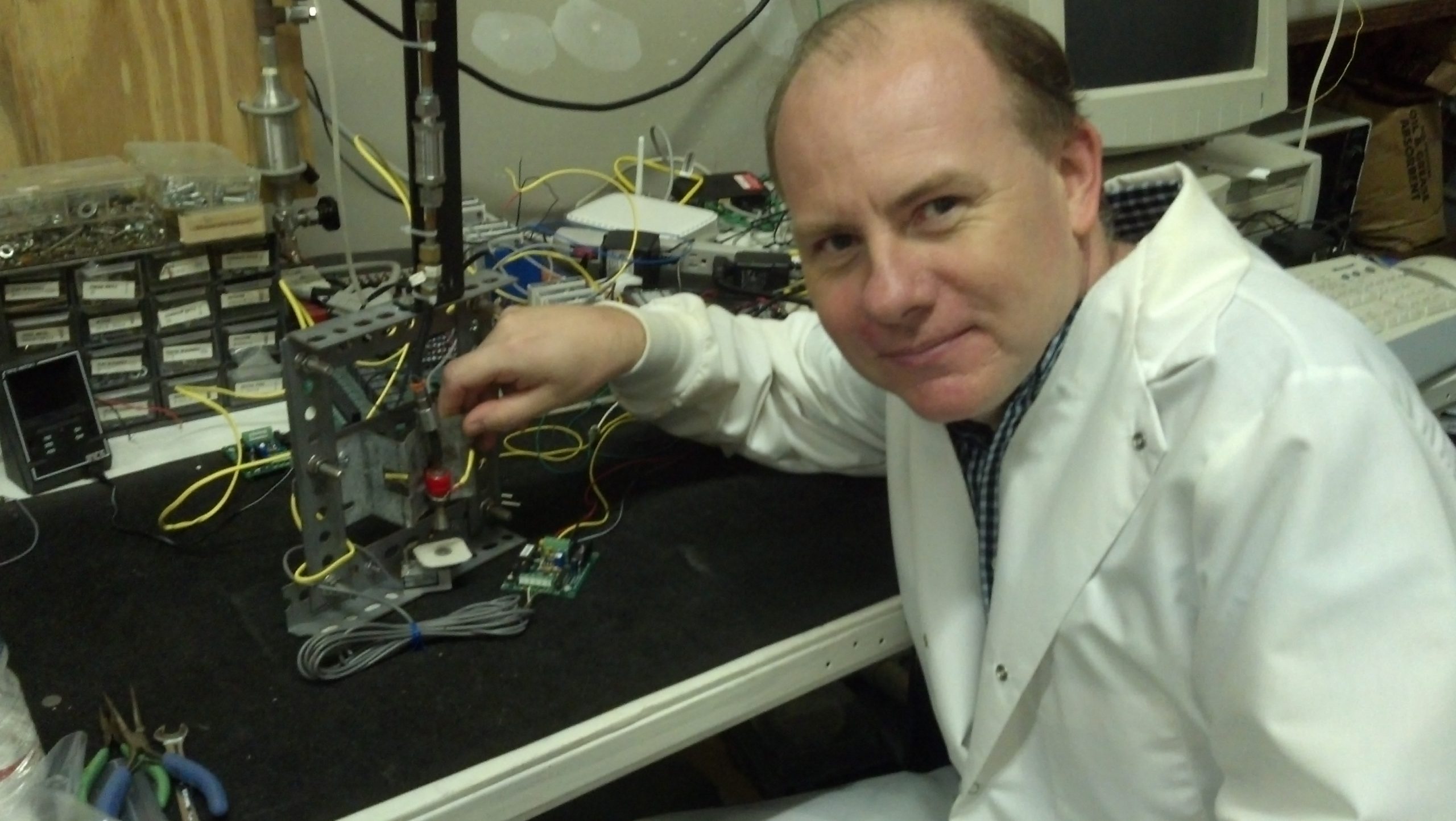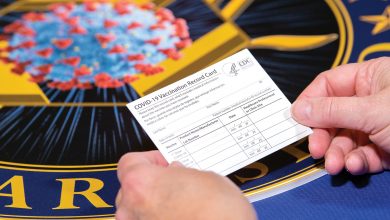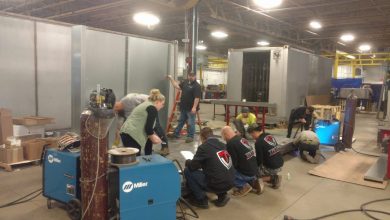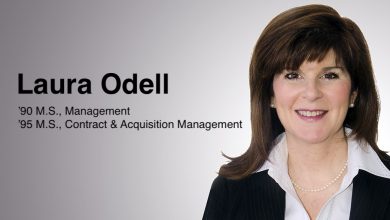Don Platt: Passion for Space, Smallness & Space Systems
via the Florida Tech Today
The space shuttle may be gone, but the Space Coast stays true to its name. Florida Tech remains pre-eminent in space studies, on campus and at itsExtended Studies Spaceport site in Titusville, while area and university researchers continue to pioneer space technology frontiers. An embodiment of the Space Coast scientist is doctoral student and entrepreneur Don Platt ’97 M.S., ’01 M.S.
Director of the Florida Tech Space Systems Master’s Degree program, where he has taught since 1998, Platt is also completing a doctoral degree at the university’s Human-Centered Design Institute. In 2000, he founded Micro Aerospace Solutions (MAS) Inc. to provide consulting and lower-cost engineering solutions for space and commercial products. He has expanded his company in the past year to now total seven workers, including three alumni, Melissa Mierzwa ’05, Dave Borzillo ’10 and Kara Schmitt ’06, ’09 M.S. Schmitt, a former student of Platt’s, has doctoral studies under way and, like Platt, will soon claim three Florida Tech degrees.
The company’s latest contract teams it with L’Garde on a NASA technology demonstration mission employing solar sail technology. The mission will test propellant-less navigation in deep space. MAS provides the spacecraft component guidance, power systems, control and communication for the solar sail of L’Garde. The ultra-thin sail will be seven times larger than any ever flown in space, using solar energy as a sailboat uses wind.
The MAS-L’Garde team was among three selected out of 47 proposals because of its affordability, said Platt. “A reason they chose us was the commercial aspect. We’re taking advantage of technology developed for very small satellites, which lets us fly this mission for one tenth of what it might have cost,” he said.
Another MAS contract is with the MIT Lincoln Laboratory, making small rocket engines for small satellites.
“Smaller is better” underpins the MAS philosophy. Most of the company’s work involves small satellite- and space-based software development and flight projects. The satellites and cubesat systems MAS works with are small, reliable, cost-effective miniature versions of full-scale satellites that use standard, off-the-shelf software.
“This allows us to do more in space for a lower cost. We can improve medical, pharmaceutical and scientific products and STEM educational activities, creating more accessibility to the general public,” said Platt.
Platt has a long-held interest in making things smaller. As a graduate student, he pursued interests in space colonization, which, with mass and volume constraints “would require miniaturizing organisms, even livestock—and perhaps humans to make space exploration and colonization easier,” he said.
Before founding MAS, he spent five years at Boeing. As an aerospace engineer there, he made propulsion systems—smaller.
Platt’s doctoral thesis work at Florida Tech’s Human-Centered Design Institute focuses on human-robot interactions in space exploration. He is developing a virtual camera concept to assist astronauts in exploring a remote planetary surface.
Platt also mentors other students and lectures at the center.
“Don Platt is one of the best Ph.D. students I have ever worked with. He already has a solid background in physics, aerospace engineering and space systems. He is a very talented man and a pleasure to work with,” said University Professor Guy Boy, director of the Human-Centered Design Institute.
The origin of Platt’s passion for space dates back to his boyhood in Connecticut, where he was interested in astronomy from when he was very young and was given his first telescope to watch the stars at night. He earned his bachelor’s degree in physics and astronomy at Connecticut State University.
Platt develops that passion for space in others, leading the Florida Tech Space Systems Master’s Degree program. The program is located at the Extended Studies Spaceport site at Titusville Airport near Kennedy Space Center.
“I’m looking at growing the program—making it more international and I want to expand it to offer the program online,” said Platt. “The space shuttle is over, but there is still tremendous work to do in commercial and orbital space operations.”





